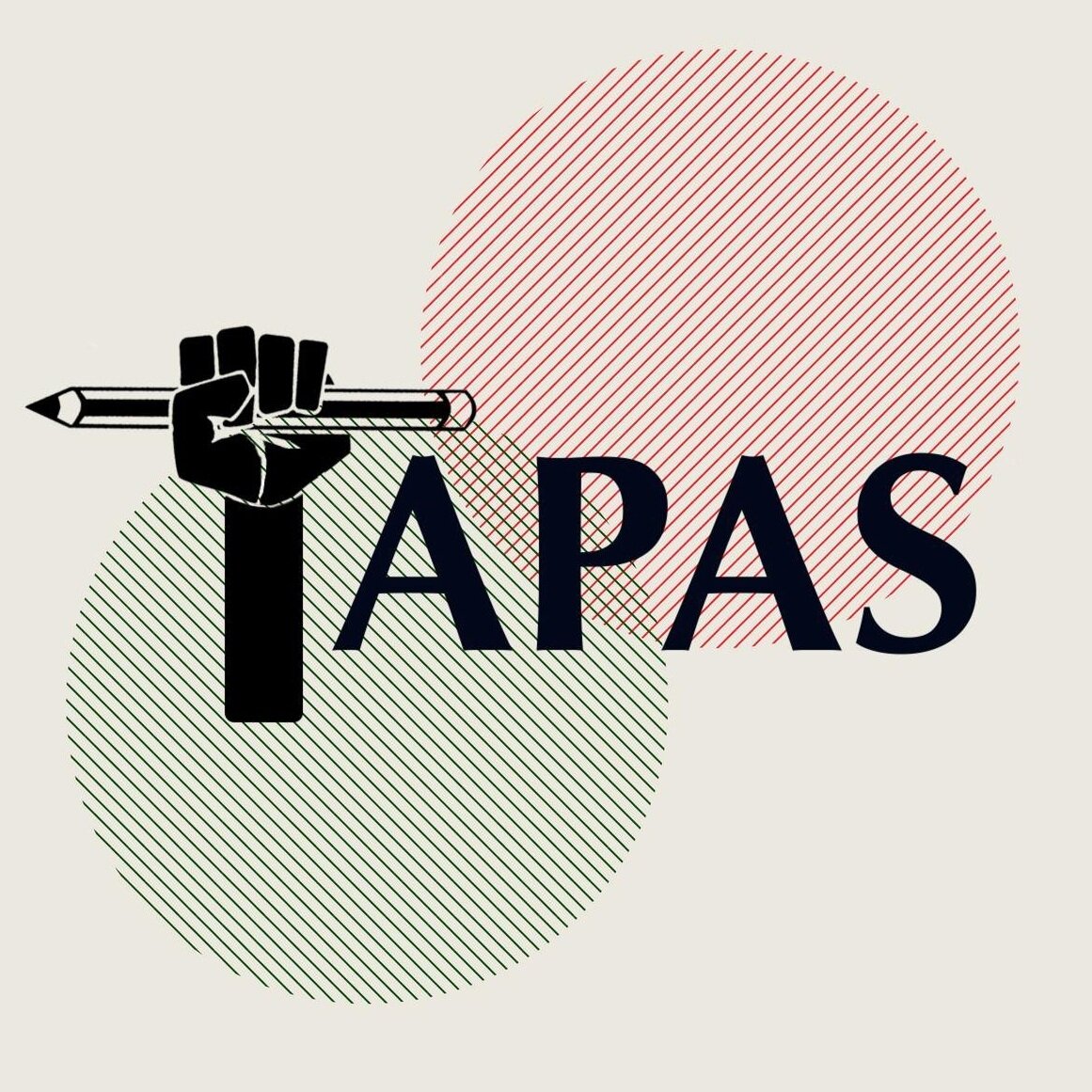Laura Veira-Ramirez - "Almost Perfect": The Cleansing and Erasure of Undocumented and Queer Identities Through Performance of Model Families and Citizenship
This thesis focuses on the way undocumented and queer people have to present their identities in a very clean way in their fight for security by looking at differing timelines of gay liberation and immigrant rights as well as binational same-sex couple advocacy and the case of Shirley Tan.
Queer people appeal to rights by positioning themselves as U.S. citizens who should have access to them because of their status, excluding undocumented queer people. Undocumented people appeal to rights through family centric discourses that also exclude many of their queer members who do not find themselves in traditional families. The effects of the separate timelines for Gay Liberation and the contemporary Immigrant Rights Movement are still visible today. Because they have been seen as separate fights for so long, members of the undocumented community can benefit from traditional family narratives that oppress the LGBTQ+ community, and members of the LGBTQ+ community can benefit from citizen rights discourse that oppresses the undocumented community. As Karma Chavez notes, “just as queers and migrants are strange to the nation, they are strange to each other.” This leaves UndocuQueer people, those at the intersection of both communities, in difficult positions as they experience feelings of exclusion from each of their communities.
In this thesis, I present histories of exclusion and regulation of undocumented and queer people from U.S. society, showing performance of clean narratives as a response. I use Shirley Tan’s case, focusing on media representation and her testimony for the 2009 version of the UAFA, to show how her story was cleansed to highlight a palatable queerness and distance her from illegality, bringing her closer to the ideals of model families and model citizenship. Tan’s case is meant to be an example of what is expected of undocumented and queer people when advocating for their deservingness of inclusion and citizenship through an appeal to their own normalcy and humanity.
